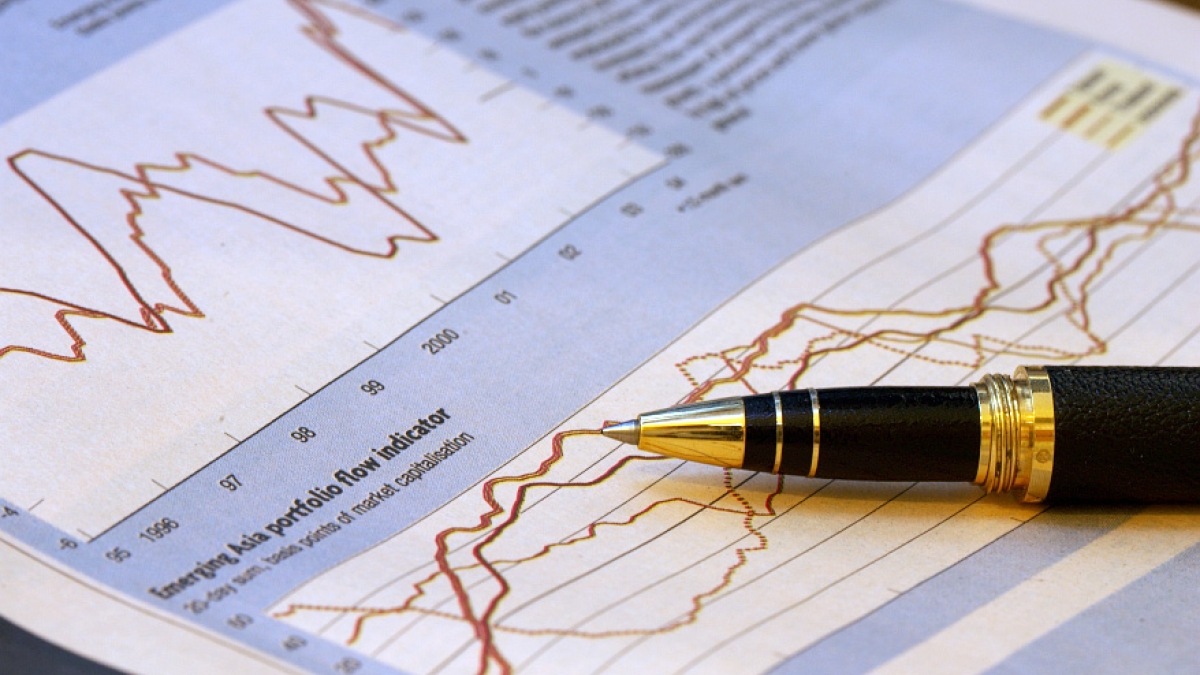Economists at the Royal Bank of Scotland issued an alarming warning this week, advising their clients to “sell everything” in anticipation of a “cataclysmic year” in the stock markets.
The bank said that plummeting oil prices, volatility in China’s economy and deflation will lead to another global financial crisis, similar to the one in 2008.
“Sell everything except high quality bonds,” the bank’s economists wrote in a note to clients. “This is about return of capital, not return on capital.”
Should the typical American stockholder sell? Not necessarily, said Dennis Hoffman Hoffman also is director of the L. William Seidman Research Institute at the W. P. Carey School of Business and on the board of the Arizona State Retirement System., a professor of economics at the W. P. Carey School of Business at Arizona State University.
Hoffman also is director of the L. William Seidman Research Institute at the W. P. Carey School of Business and on the board of the Arizona State Retirement System., a professor of economics at the W. P. Carey School of Business at Arizona State University.
Here are his comments on the bank’s warning.
Question: The bank warnings seems dire. Should Americans sell their stocks?
Answer: Some economists will say "the sky will fall tomorrow" and some will say "don’t worry about anything." I’m not going to say either one of those things. Should the average investor back away from the stock market? It depends on one’s appetite for risk.
Q: What is your advice?
A: You don’t want to count on the notion that equities (stocks) appreciate 20 percent a year for the next five years to reach a goal you’ve set. Those plans should have already been in place. If you’re trying to hit big wins in the last three to five years before retirement, that’s pretty dangerous. You should be going to more cash and safer, more predictable assets. Conversely, if you’re in your mid-30s or even mid-40s with 20-plus years to go until retirement, my recommendation is don’t worry about it at all. Don’t change your investment strategy. You should invest at a steady pace. Every paycheck, a small amount goes into this investment and you’ll be feeling good in your mid-60s. History has shown that in any 20- to 30-year period, equities have done well.
Q: The bank’s economists recommended selling stocks and keeping bonds. Is that a good idea?
A: That’s an interesting recommendation at this point because should the economy accelerate, and interest rates begin to normalize, a portfolio built on bonds will do poorly and suffer capital losses.
Q: What if the markets improve?
A: There’s some allusion to "Hey, maybe we’ll get a big bounce back in February." But trying to time equity markets is a pretty dangerous strategy. It’s far more entertaining to go to Vegas and put it on red or black rather than trying to time the stock market.
More Business and entrepreneurship

Wearing multiple hats can lead to personal satisfaction
It seems like everybody has a side hustle these days — from the entertainer with their own perfume line to the CEO who writes self-help books, or the teacher who sells toy collectibles on eBay. …

Exhibit that tells the history of procurement on display at ASU
A traveling museum that chronicles the history of procurement — the process of buying and selling goods and services — is now on display at the W. P. Carey School of Business at Arizona State…

Former NBA All-Star inspires ASU students in fireside chat
A Naismith Memorial Basketball Hall of Famer and celebrated former Phoenix Sun said Monday that professional sports bring many benefits.They foster camaraderie and lifelong friendships, fuel a…


